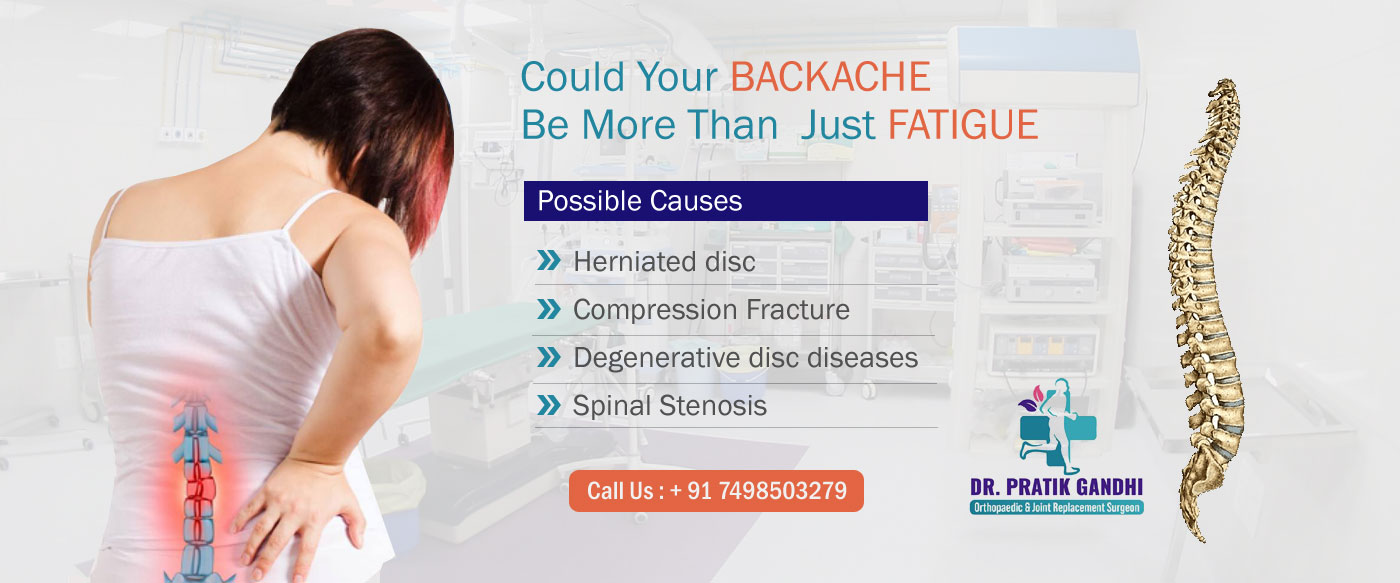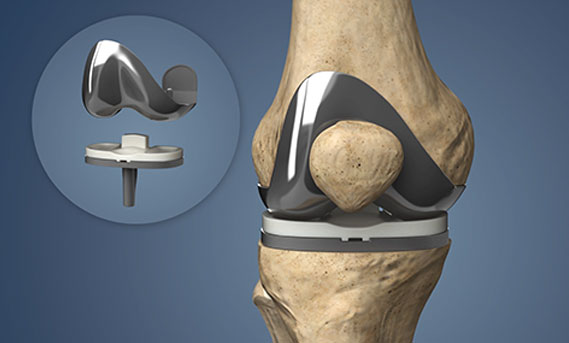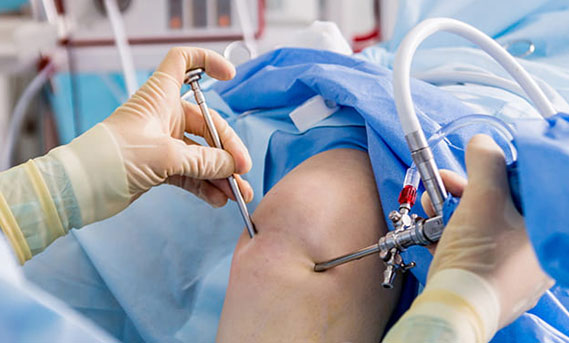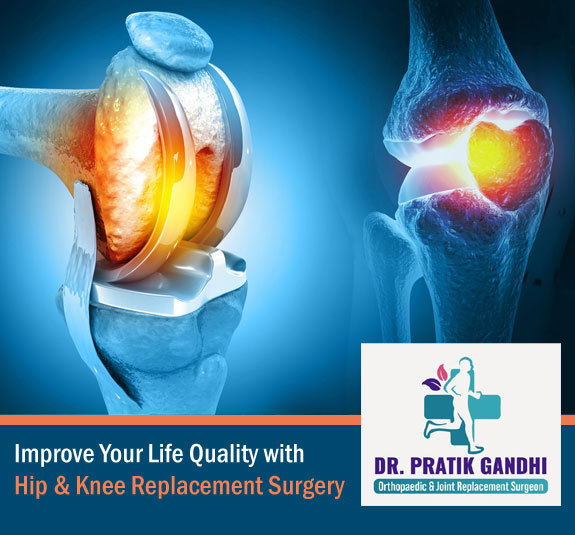Contact Us
Gandhi Orthopaedic Centre
Gandhi Nursing Home
Address : Shripad Complex, First & Second Floor, Near Darodkar Square, Central Avenue, Nagpur – 440032
Phone : 7498503279 / (0712) 2767575 / 7020344298
Email : drpratikgandhi@yahoo.co.in
Intima Heart & Superspeciality Hospital
Address : Intima Heart & Superspeciality Hospital – 269, Central Bazar Road, near , Kachipura Square, New Ramdaspeth, Ramdaspeth, Nagpur, Maharashtra 440010
Phone : 9607735350 / 7498503279
Email : drpratikgandhi@yahoo.co.in
Quick Links
- Best Joint Replacement Surgeon in Nagpur
- Best Orthopedist in Nagpur
- Best Knee Arthroscopy in Nagpur
- Hip replacement Surgery in Nagpur
- Revision Hip Replacement Surgeries
- Total Hip Replacement in Nagpur
- Hip Joint Injury Treatment in Nagpur
- Shoulder Injury Treatment in Nagpur
- Knee Replacement in Nagpur
- Knee Joint Injury Treatment in Nagpur
- Frozen Shoulder Treatment in Nagpur
- Femur Fracture Treatment in Nagpur
- Trochanteric Bursitis Treatment in Nagpur
- Tendon Tears Treatment in Nagpur
- Tendinitis in Shoulder Treatment in Nagpur
- Best Knee Replacement Surgeon In Nagpur
- Best Orthopedic Doctor in Nagpur
- Best Treatment for Joint Pain in Nagpur
- Best Treatment for Hip Pain in Nagpur
- Best Treatment for Knee Pain in Nagpur
- Best Treatment for Shoulder Pain in Nagpur
- Best Shoulder Arthroscopy in Nagpur
- Sprains in Shoulder Treatment in Nagpur
- Hip Flexor Strain Treatment in Nagpur
- Cruciate Ligament Injuries Treatment in Nagpur
- Hip Dislocation Treatment in Nagpur
- Hip Fractures Treatment in Nagpur
- Hip Joint Stress Fracture Treatment in Nagpur
- Hip Labral Tear Treatment in Nagpur
- Femoroacetabular Impingement (FAI) Treatment in Nagpur
- Shoulder Dislocation Treatment in Nagpur
- Shoulder Bone Fractures Treatment in Nagpur
- Shoulder Impingement Treatment in Nagpur
- Rotator Cuff Injury Treatment in Nagpur
- Meniscal Tears Treatment in Nagpur
- Knee Fractures Treatment in Nagpur
- Knee Dislocations Treatment in Nagpur
- Arm Fracture Treatment in Nagpur
- Leg Fracture Treatment in Nagpur
- Joints Fracture Treatment in Nagpur
- Ankle Fracture Treatment in Nagpur
- Joints Dislocation Treatment in Nagpur
- Multiple Broken Bones Treatment in Nagpur
Joint Replacement FAQ – Answered by Dr. Pratik Gandhi
Meet Dr. Pratik Gandhi – Best Joint Replacement Surgeon
Dr. Pratik Gandhi is a highly experienced and trusted orthopedic and joint replacement surgeon, known for his patient-centric approach, precision surgical techniques, and advanced treatment methods. With a strong track record of successful hip and knee replacements, Dr. Gandhi helps patients reclaim mobility and lead pain-free, active lives.
What Is Joint Replacement Surgery?
Joint replacement surgery involves removing a damaged or diseased joint and replacing it with an artificial implant, known as a prosthesis. This procedure is most commonly performed on the knee, hip, or shoulder, and aims to:
- Relieve pain
- Restore mobility
- Improve quality of life
When Is Joint Replacement Needed?
Joint replacement is usually recommended when:
- Pain is severe and persistent
- Movement is significantly limited
- Non-surgical treatments have failed
- Conditions like osteoarthritis, rheumatoid arthritis, or injury have damaged the joint
Quick Facts About Joint Replacement
- Joint replacement is a safe and common procedure, especially for knees and hips.
- Over 1 million joint replacements are performed annually worldwide.
- Most patients return to normal activities within 6–12 weeks post-surgery.
- Implants can last 15–25 years with proper care and activity moderation.
- Robotic-assisted and minimally invasive techniques now allow faster recovery.
Which joints can be replaced?
Most commonly replaced joints include:
- Knees
- Hips
- Shoulders
Will I feel pain during or after the surgery?
Surgery is performed under general or spinal anesthesia, so you won’t feel pain during the operation. Postoperative pain is well-managed using medications and fades significantly in the first few weeks.
How long is the hospital stay?
Most patients stay for 2–4 days. In some minimally invasive or robotic-assisted cases, patients may be discharged within 1–2 days.
How soon can I walk after surgery?
In most cases, patients begin walking with support within 24–48 hours. Physical therapy starts immediately to promote mobility and strength.
What is the recovery timeline?
- Week 1–2: Pain control, early mobilization, light walking with support.
- Week 3–6: Improved strength and flexibility, increased mobility.
- After 6–12 weeks: Return to daily activities, driving, and light work.
- Full recovery may take 3–6 months, depending on age, health, and compliance with rehab.
Will I need physical therapy?
Yes, physiotherapy is essential after joint replacement to:
- Regain strength and flexibility
- Prevent stiffness
- Improve the long-term success of the implant





















